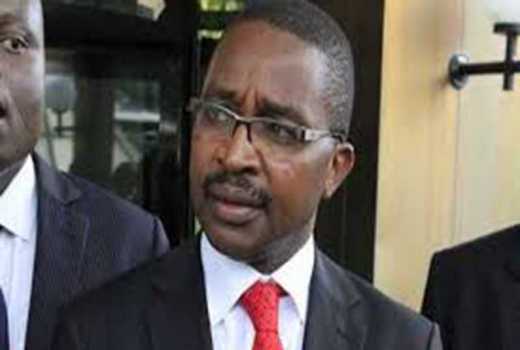×
The Standard e-Paper
Stay Informed, Even Offline

Governors serving their second terms rejected a report by the anti-graft agency that highlighted demand for bribes in the counties.
County chiefs who were in office in 2016 when the Ethics and Anti-Corruption Commission undertook the graft survey, dismissed the findings while first-term governors blamed the rot on their predecessors.